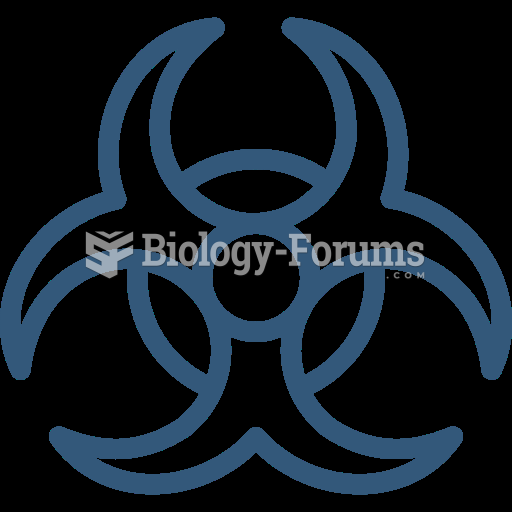This topic contains a solution. Click here to go to the answer
|
|
|
Did you know?
Although puberty usually occurs in the early teenage years, the world's youngest parents were two Chinese children who had their first baby when they were 8 and 9 years of age.
Did you know?
The highest suicide rate in the United States is among people ages 65 years and older. Almost 15% of people in this age group commit suicide every year.
Did you know?
In 1864, the first barbiturate (barbituric acid) was synthesized.
Did you know?
Illicit drug use costs the United States approximately $181 billion every year.
Did you know?
By definition, when a medication is administered intravenously, its bioavailability is 100%.







